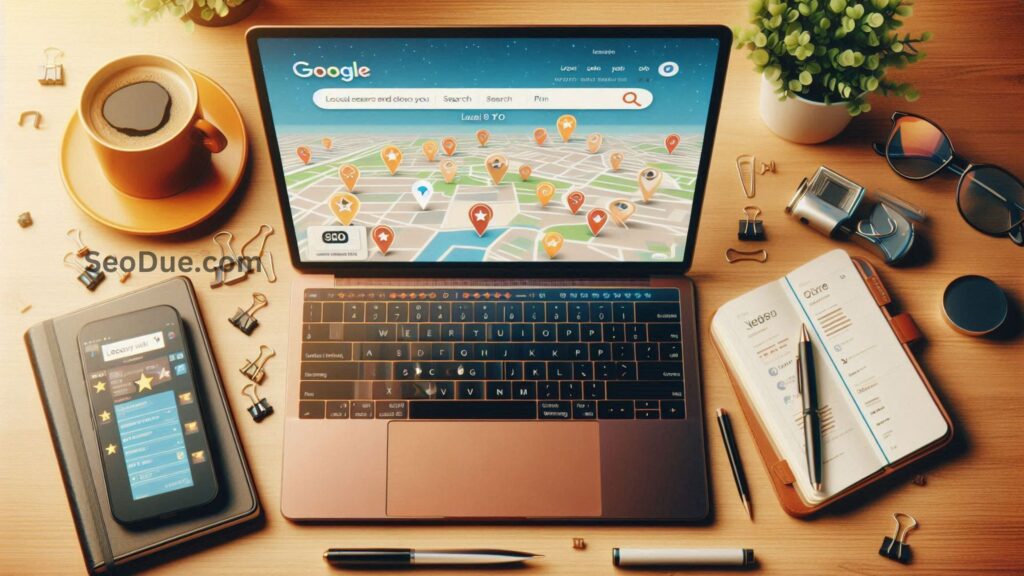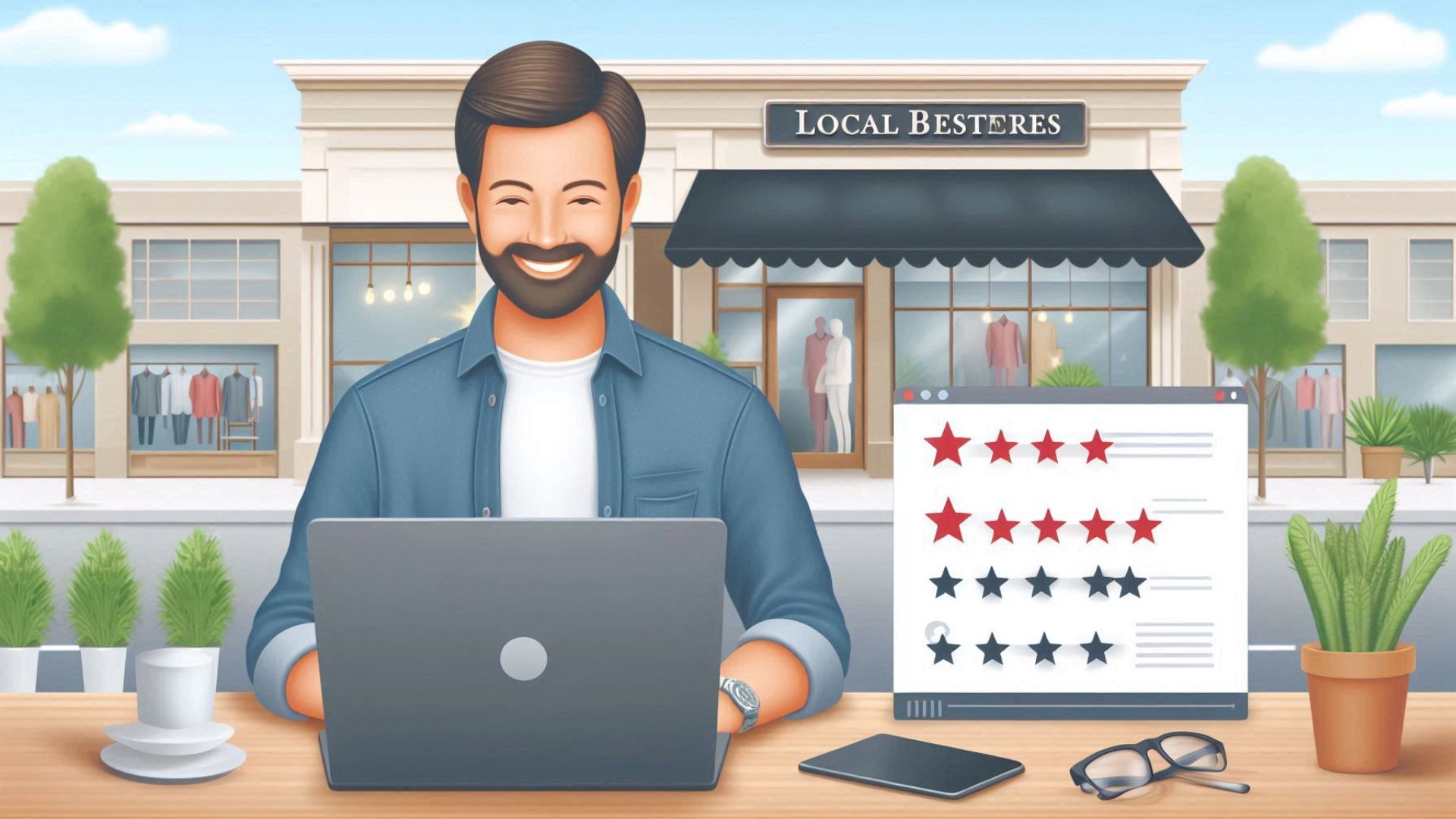How do I Optimize My Website for Local Searches?
When promoting your business online, it’s super important to focus on the right audience. Your target audience is made up of the people most likely to become loyal customers and boost your revenue over time. That’s why marketing locally makes so much sense!
Local marketing is a big deal for small businesses. Many of your potential customers are right in your neighborhood, so it’s smart to focus your efforts there. One of the best ways to do this is by optimizing for local search.
In this post, we’ll walk you through how to nail local search optimization so you can connect with the people who matter most—your local audience!
7 Expert Local Search Optimization Tips
Local SEO helps your business show up in search results for people near you. It’s all about connecting with customers in your area, and there are plenty of ways to do it. Below are seven expert tips to help you rank higher in local searches and attract more local customers.

1. Set Up a Google Business Profile
One of the most powerful tools for local SEO is Google Business Profile. It lets you create a profile for your business with essential details like your name, address, and phone number.
When someone searches for something like “cleaning services near me,” Google often displays a “local 3-pack” at the top of the results. This shows three relevant businesses alongside a map.
If your business already has a profile (via Google Maps), claim it by verifying ownership. Then, fill in all the details to boost your chances of showing up in local searches.
2. Keep Your NAP Information Consistent
NAP stands for Name, Address, and Phone number. Consistency is key! Your NAP info should match across all platforms—your website, Google Business Profile, and other listings.
If Google finds mismatched info, it might not trust your business, which can hurt your ranking. Plus, inconsistent info can confuse potential customers, making them less likely to contact you.

Also Read: How do I Improve My Local SEO Ranking?
3. Collect Positive Reviews
Good reviews are gold when it comes to attracting new customers. While you can rave about your business, people trust feedback from real customers more.
Encourage happy customers to leave reviews by simply asking them. Over time, building a solid list of positive reviews will not only improve your reputation but also boost your local search ranking.
4. Focus on Local Keywords
Targeting the right keywords is critical. For local SEO, use keywords that include your location, like “paper supplier in Madison.”
If your business serves multiple locations, create specific pages for each area. For instance, if you provide metal fabrication in both New York and New Jersey, have separate pages for “New York fabrication” and “New Jersey fabrication.”
5. Make Your Website Mobile-Friendly
A mobile-friendly website is essential. With over half of internet traffic coming from mobile devices, Google prioritizes sites that work well on smaller screens.
Use responsive design to ensure your site adapts to any device. A user-friendly mobile experience keeps visitors engaged and improves your search rankings.
6. Use Online Listings and Directories
Third-party listing sites can help you reach local customers. For example, if you rent apartments, list them on Apartments.com. If you offer lawn care services, try Angie’s List.
These platforms are often the first stop for people searching for local services, so don’t miss the chance to be visible there.

Also Read: How do I Track My Local SEO Performance?
7. Get Involved in Your Community
Connecting with your local community can boost trust and visibility. Attend local events, sponsor fairs, or support charities in your area.
Share your involvement online to show your dedication to the community. Highlight your local roots on your website and marketing materials—it’ll help you build stronger connections and improve your local SEO.
By following these tips, you’ll not only strengthen your local presence but also attract more customers from your area. Local SEO is all about being visible where it matters most—right in your community!




Post Comment